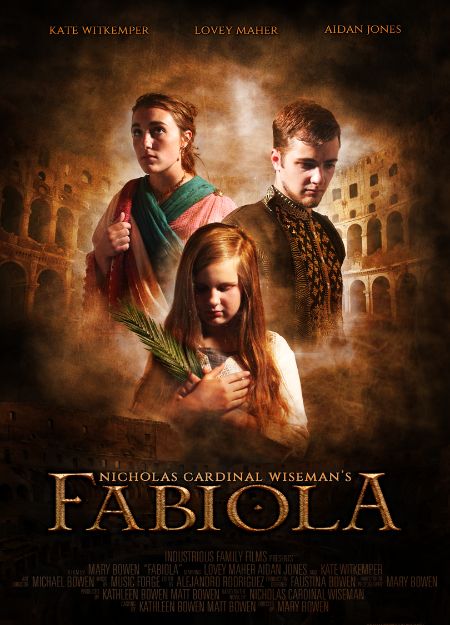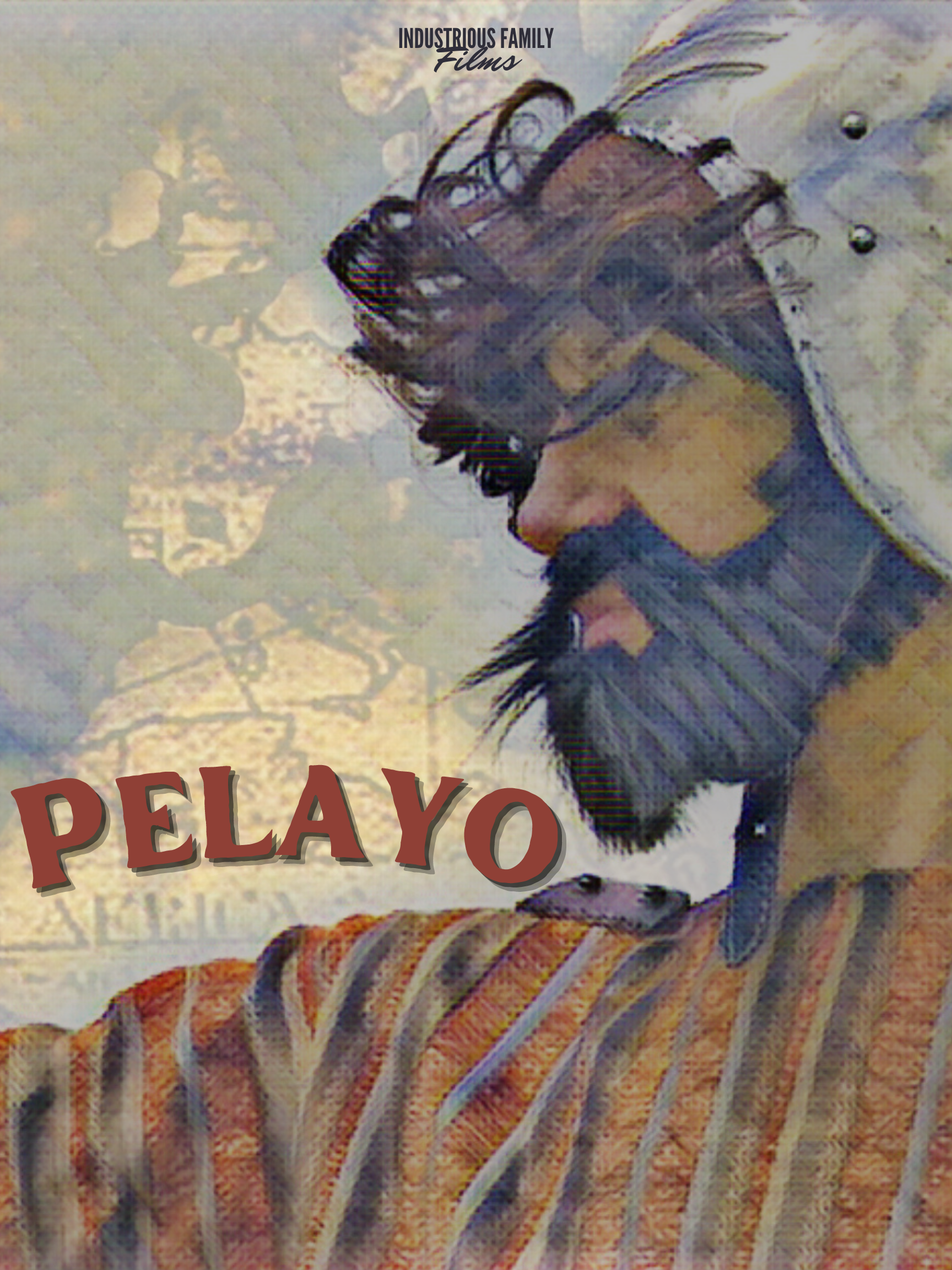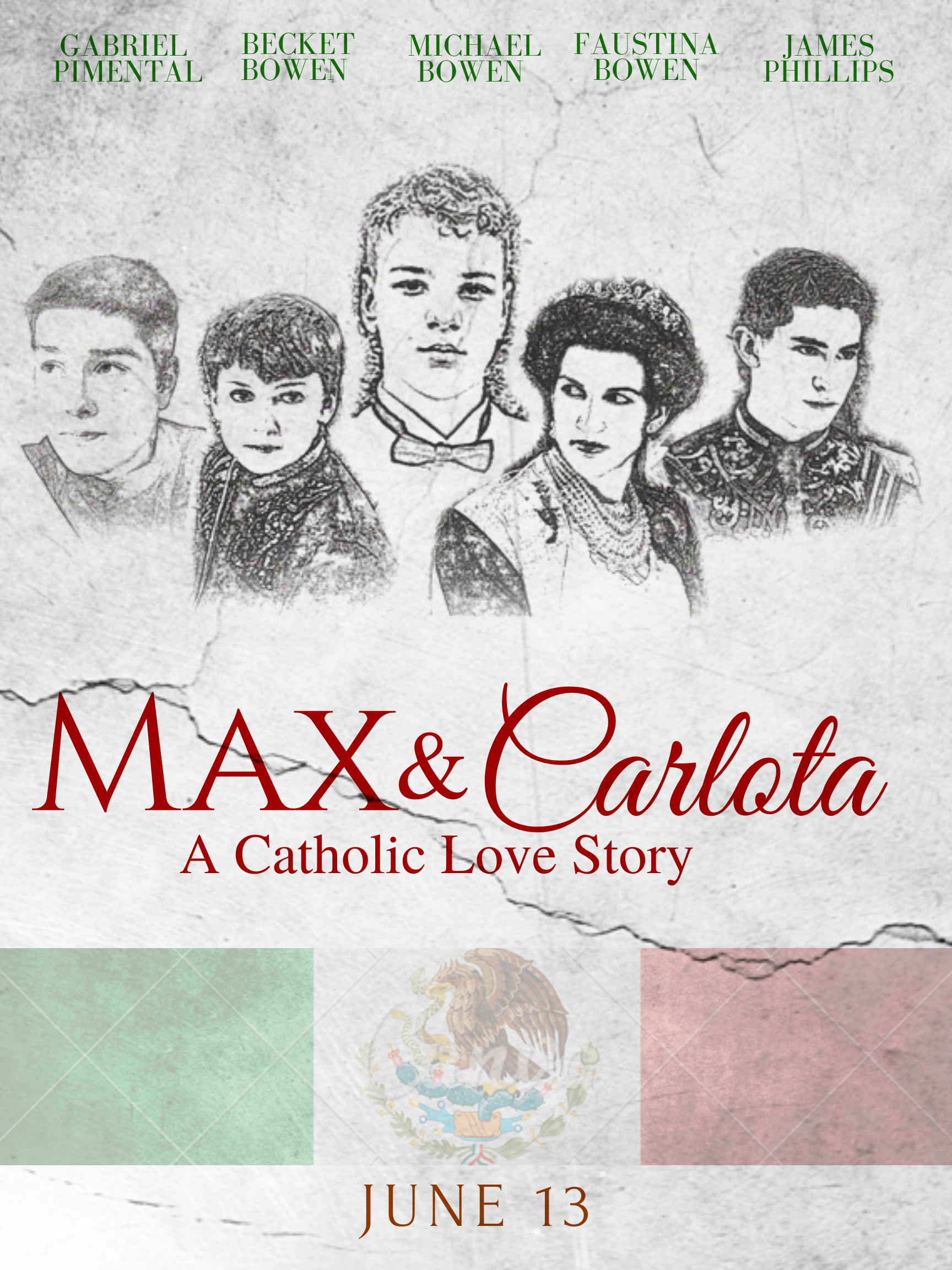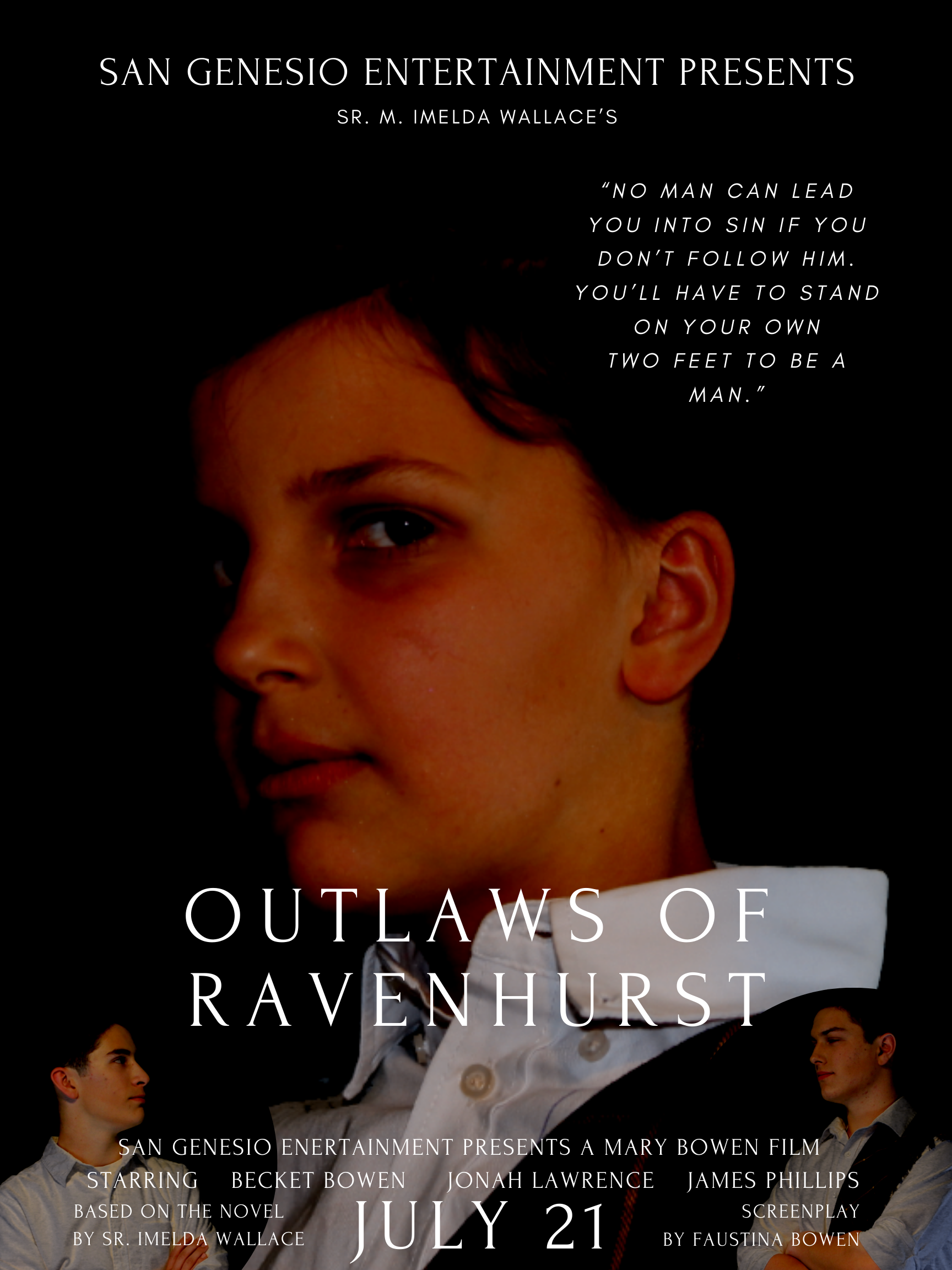Don't miss your chance to invest in 'Fabiola'!
Christ-Centered Family Fun
The faith based film industry is alive and bringing family fun to Christian homes.
The faith based film industry is alive and bringing family fun to Christian homes.
Visit our crowd-funding page for our new production, "Fabiola"!
Is film the enemy of Christian families?
The answer is often "yes".
But the fight to make the answer "no" is on.
Industrious Family Films is joining you in the fight by providing you with films that are not only entertaining and safe to watch with your kids, but will help raise them up to become saints and help restore Western civilization. This is not just a dream. Join us in the relentless struggle in bringing this about. Together, we will make this happen. We are fighters and doers.
As more and more people say "no" to woke and compromised films, more and more independent film companies are springing forth to provide quality entertainment that is not pushing a Christophobic agenda. Already too many children's souls have been lost to the culture and, as each generation passes, this loss becomes more and more devastating.
Film has played a key role in how the culture of death has shaped young minds. And now the culture beast is after you and your family. But you know this. That is why you are here looking for another way to partake in entertainment while avoiding the dangerous agendas often lurking in film.
All too often, film is the enemy of Christian families. You have found the film company that is here to help you on your quest to raise citizens of heaven. We can beat this culture beast and a better future is already on the horizon as many families like yours unite to protect their children.
There's a world of possibilities at Industrious Family Films.
Stream Wholesome Entertainment
on Industrious Family Theater
Your whole family can enjoy being immersed in movies made by Industrious Family Films.
SPOILER ALERT:
The fun continues well after the credits with our immersive experiences
including parties, customs and more! Our films make perfect family fun
movie nights! Each film tells a powerful story rooted in faith, history,
and timeless themes. Kick back in a world that celebrates virtue.
A tale from the catacombs comes to life. Now funding.
An energetic short exploring the true meaning of Christmas. Stream now.
An inspiring short about King Pelayo's stand to defend Christendom. Stream now.
Virtue over vanity in this A Tale of the Wars of the Roses adaptation. Stream now.
The tragic yet heroic story of Maximilian von Habsburg. Stream now.
A Catholic boy’s courage during Scotland’s Protestant Revolt. Stream now.
Beyond Originals
Of course, not everything that comes out of Hollywood is undermining. There are countless films that are inspiring and worth watching. Here is an exhaustive list of family-safe films.
#ReclaimChristianArt Blog is an aid for encouraging healthy and holy families who are warriors in reconstructing the social fabric. Find beautiful novels, films, music, food and customs.
Find items to sport your Industrious Family spirit. From logo gear to hats and mugs from your favorite entertainment podcast, the Gofers of course, our shop not only has Industrious Family's films for sale on DVD and their accompanying Illustrated Children's books, but also a few Catholic gifts you'll find irresistible.
Stream More Wholesome Entertainment
You can stream a collection of films curated for you and now available on our independent streaming service, Industrious Family Theater. Industrious Family Films believes in surrounding families with symbols of faith and virtue, creating an environment that fosters holiness and these themes are reflected in the films on this streaming service.

Here at Industrious Family we are all about helping you find the entertainment that fits the bill. Industrious Family is committed to rolling the cameras and making the films that will inspire your family. It's a great adventure and we want you to join us! Subscribe to our newsletter to share in the excitement, join the movement and enjoy entertainment for the soul.
You have a chance to be involved now when you support our current film, gifting your family and future families a better future where moral entertainment becomes the norm. Supporting wholesome media is more important than ever—join us in bringing back quality storytelling rooted in truth and beauty!

Ensure a Legacy of Christ-Centered Entertainment
Invest with a chance at profit participation.
Donate to Catholic movies.
Partner with our brand through site sponsorship.
Follow us on social media.
Entertainment for Your Family’s Soul.
"Hey, hey, Holy-wood, here we come!"
Subscribe To Our FREE Email Newsletter:
Awards:


#RebuildChristianArt Blog
An aid for families encouraging the reconstruction of the social fabric by sparking interest in Christian art and culture. Find beautiful novels, films, music, food and customs.
What's New At The Studio
-
A Touch of Tap and Christmas Joy: Emily Hawk Joins Our Christmas Special
Dec 24, 25 09:00 AM
-
A Fan-Favorite Returns: The Gofers’ New Christmas Line Dance
Dec 23, 25 09:00 AM
-
Why We Built Industrious Family Theater
Dec 19, 25 09:00 AM









